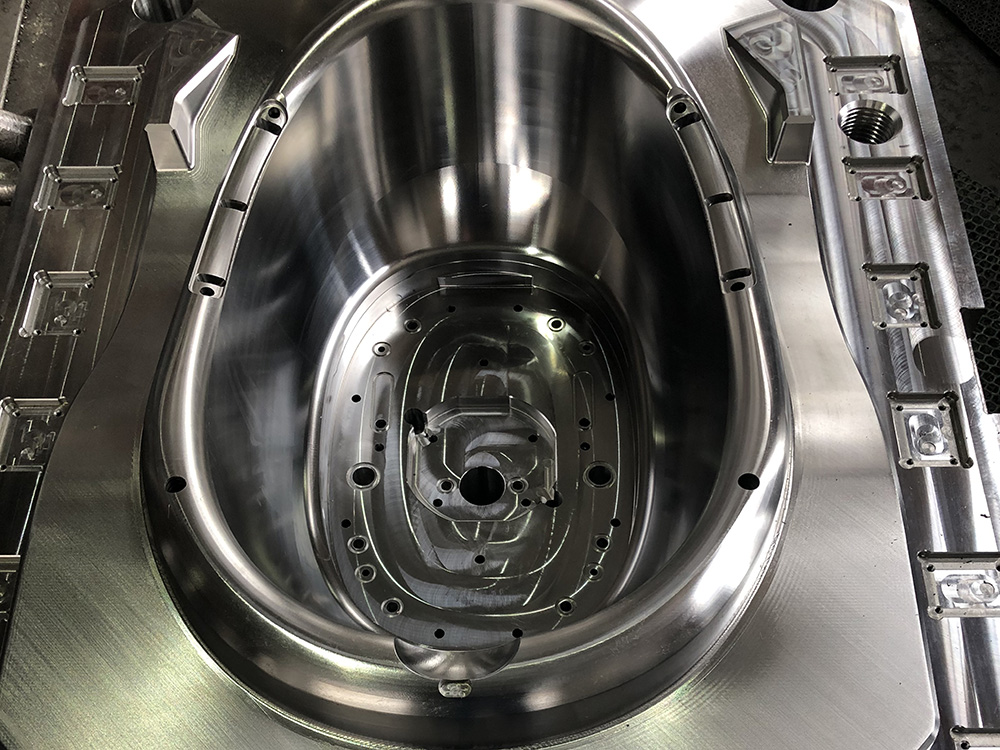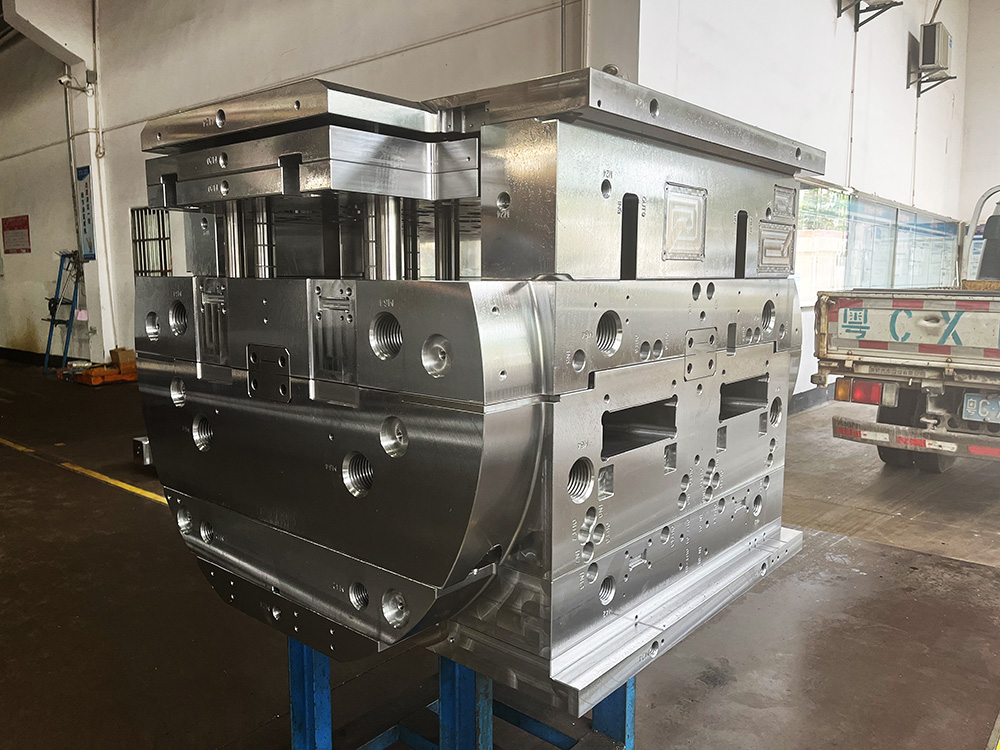Assessing the Performance of PM Machine Outriggers with the Use of an External Support System
Introduction:
The mold base industry plays a critical role in the manufacturing sector, by providing the foundation for creating complex and precise molds used in various industries. One of the key challenges faced by mold base manufacturers is the performance of their PM (Precision Machinery) machine outriggers. In this article, we will assess the effectiveness of using an external support system to enhance the performance of PM machine outriggers and the impact it has on the mold base industry.Benefits of an External Support System:
An external support system offers several benefits to improve the performance of PM machine outriggers. Firstly, it provides additional stability to the outriggers, reducing the risk of vibrations and unwanted movements. This leads to improved accuracy and precision during the manufacturing process. Secondly, the external support system minimizes the load on the outriggers, extending their lifespan and reducing wear and tear. This not only reduces maintenance costs but also improves the overall efficiency and productivity of mold base manufacturers. Furthermore, an external support system enables mold base manufacturers to handle larger and heavier molds, expanding their capabilities and increasing their market competitiveness. By distributing the load evenly across the outriggers and the support system, the risk of deformation or damage to the mold base is significantly reduced.Assessing Performance:
To assess the performance of PM machine outriggers with the use of an external support system, a series of tests were conducted. These tests aimed to evaluate the stability, accuracy, productivity, and lifespan of the outriggers. The stability test involved subjecting the outriggers to various load capacities and measuring the deflection and vibrations. The results showed a significant reduction in deflection and vibrations when the outriggers were supported by an external support system. This enhanced stability translated into improved accuracy during the manufacturing process. The accuracy test assessed the ability of the outriggers to maintain precise positioning during different machining operations. With the support of an external system, the outriggers exhibited minimal movement, ensuring consistent and accurate machining results. Productivity tests were conducted to measure the impact of the external support system on the overall efficiency of mold base manufacturing. The results indicated a decrease in downtime due to outrigger-related issues, allowing for uninterrupted production and increased productivity. Finally, the lifespan test evaluated the durability and longevity of the outriggers. By using an external support system, the load on the outriggers was reduced, resulting in less wear and tear. This translated into an extended lifespan, reducing replacement costs and improving the cost-effectiveness of mold base manufacturing.Conclusion:
In conclusion, the use of an external support system significantly enhances the performance of PM machine outriggers in the mold base industry. The benefits include improved stability, accuracy, productivity, and lifespan. Mold base manufacturers can leverage this technology to expand their capabilities, handle larger molds, and stay competitive in the market. By considering the implementation of an external support system, mold base manufacturers can enhance the overall efficiency and quality of their operations.



